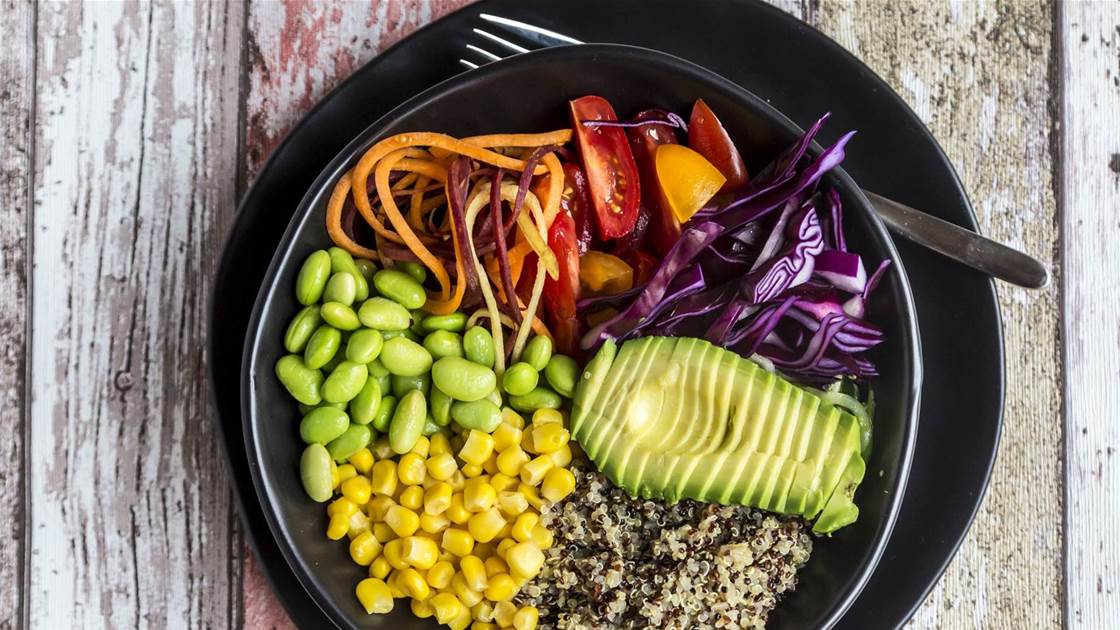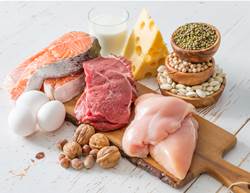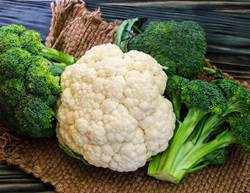We've all marvelled at those ridiculously amazing people who can still do backflips at age 90. Well, osteopath Dr Steve Bowers and his wife Elizabeth went one step farther. They wanted to know what incredibly healthy people had in common. So they tracked down 70-year-old cheerleaders, 80-year-old skydivers, 90-year-old world record sprinters and dozens of other crazy fit-and-healthy people and asked them what they ate for breakfast, lunch, dinner and snacks. These are the foods that were mentioned over and over again.
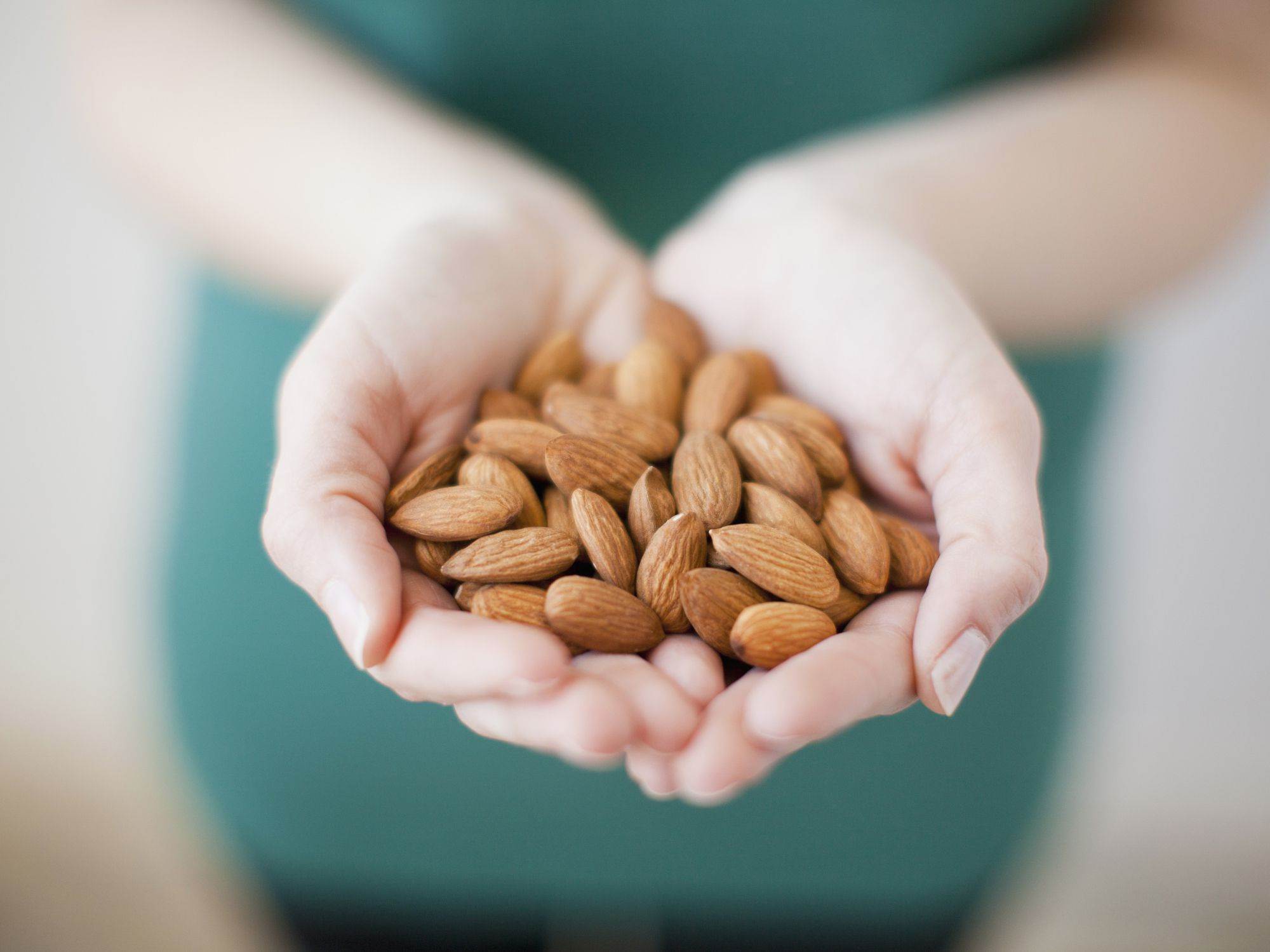
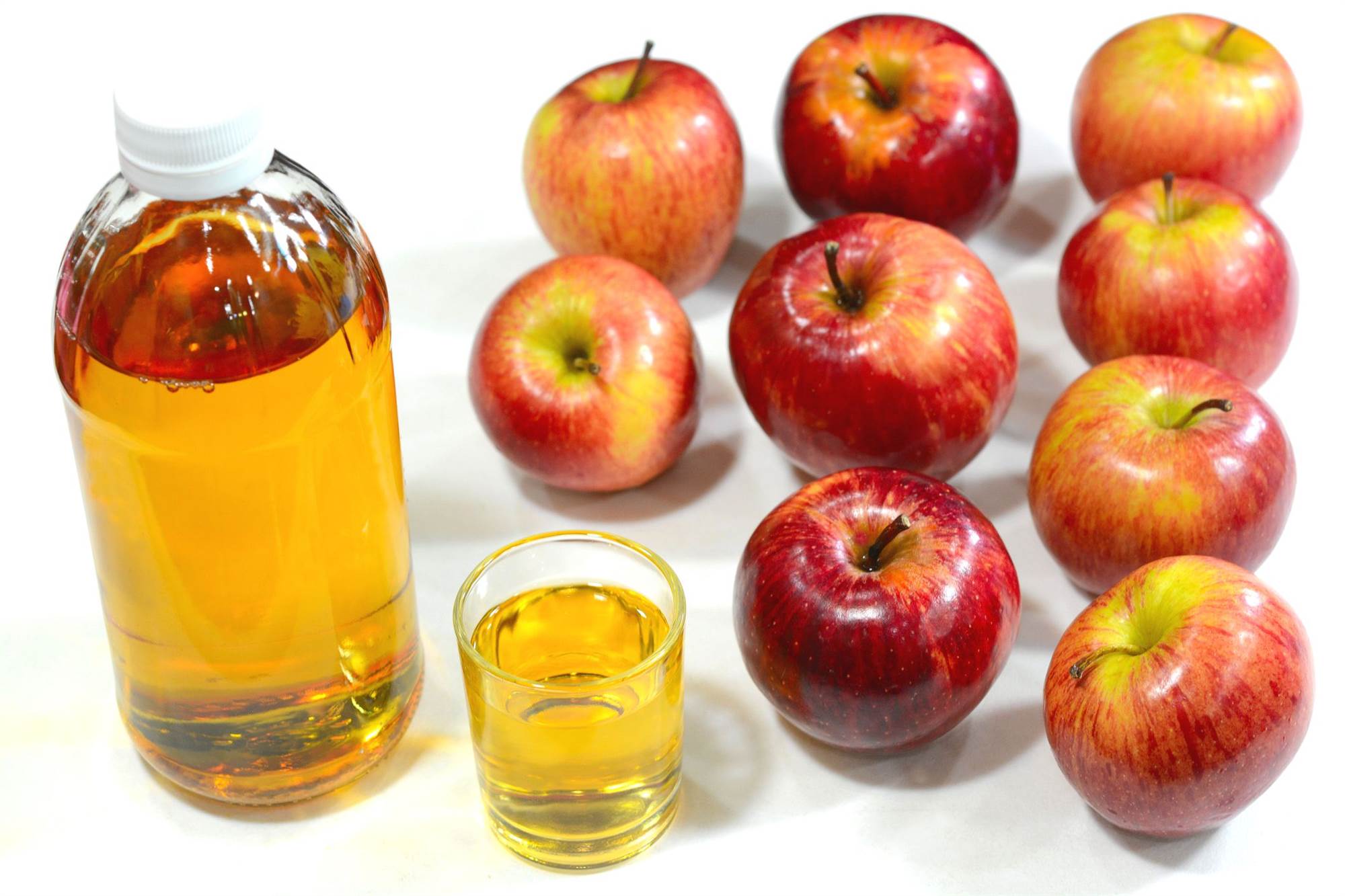
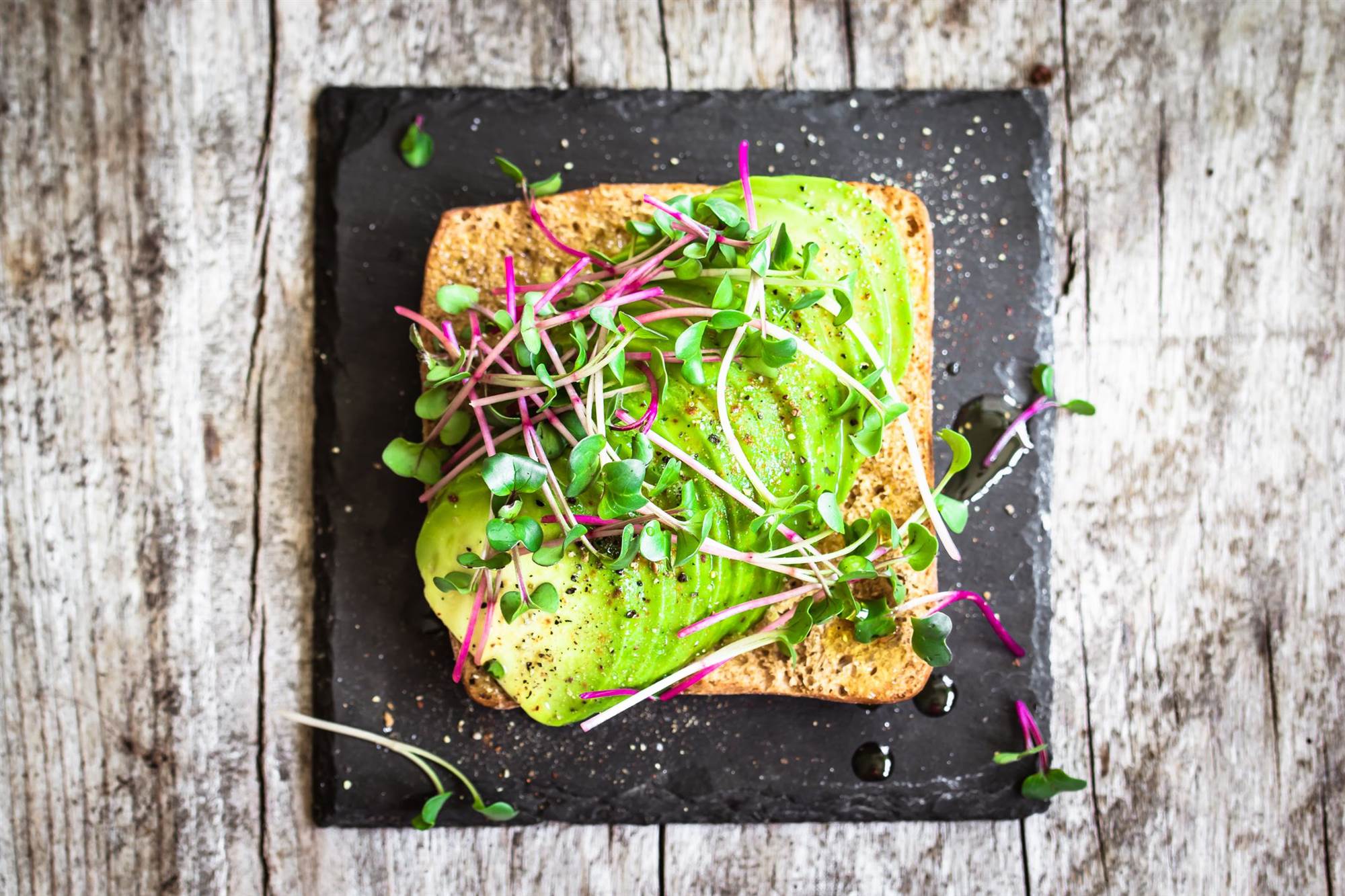
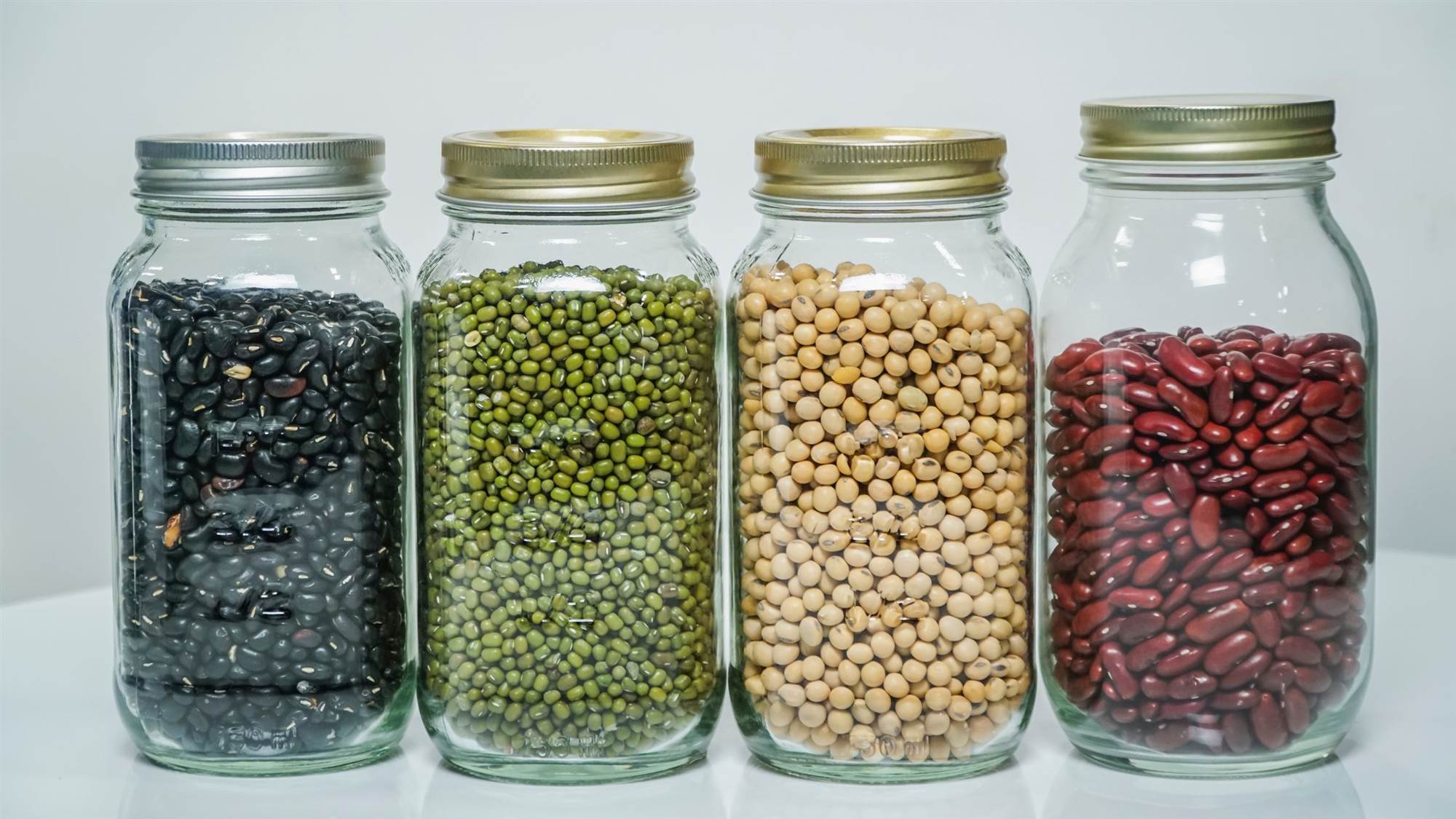
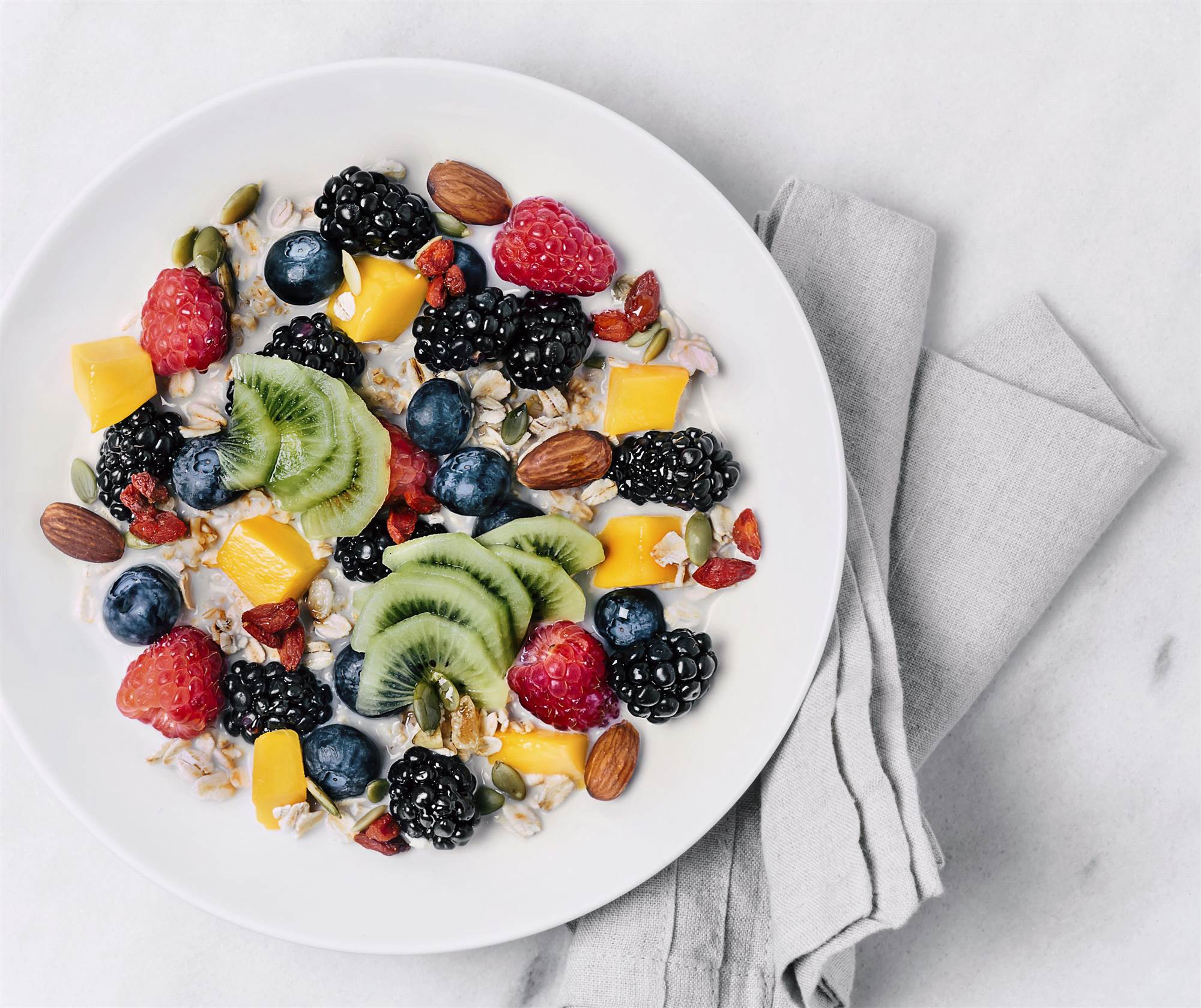
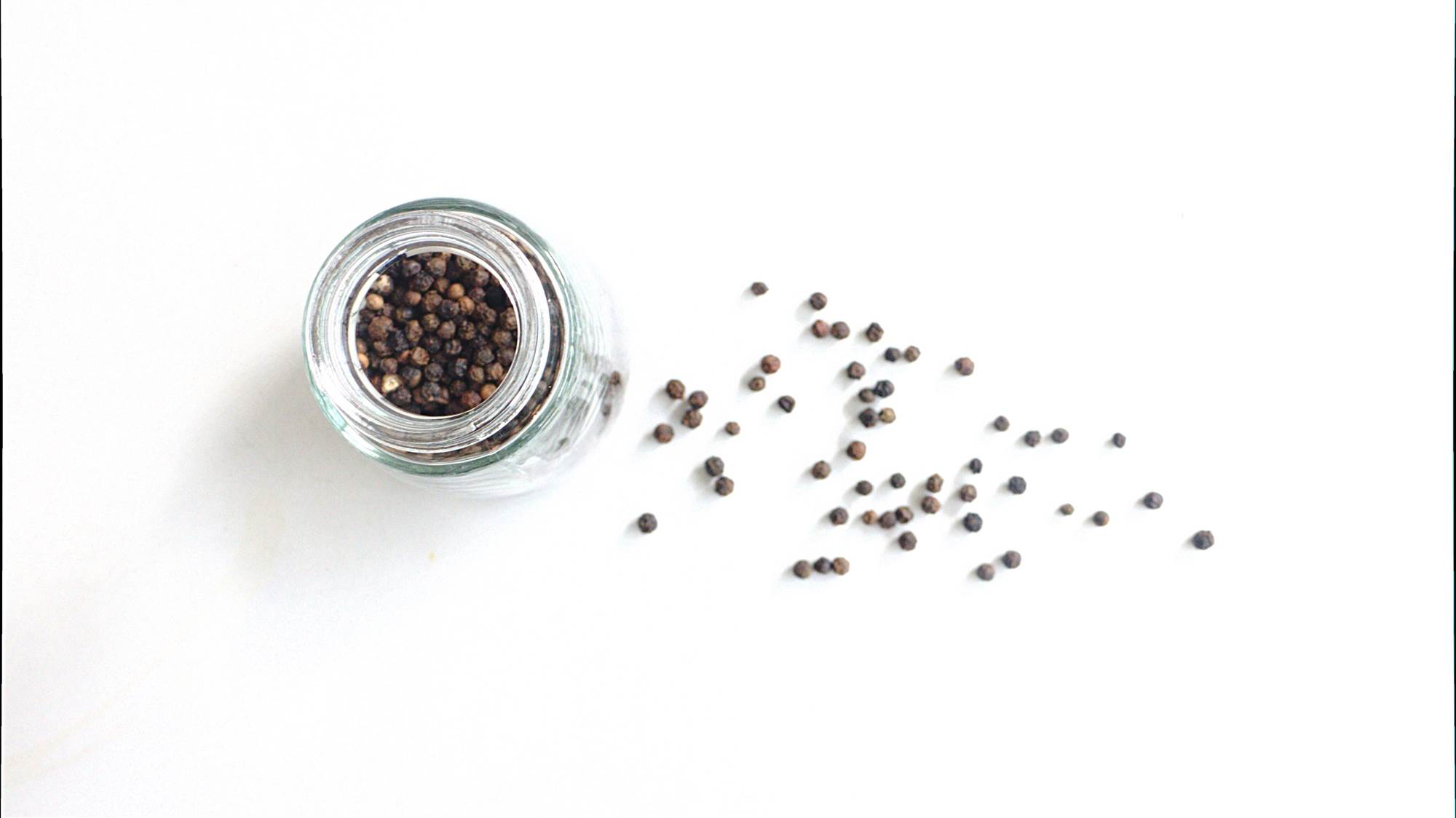
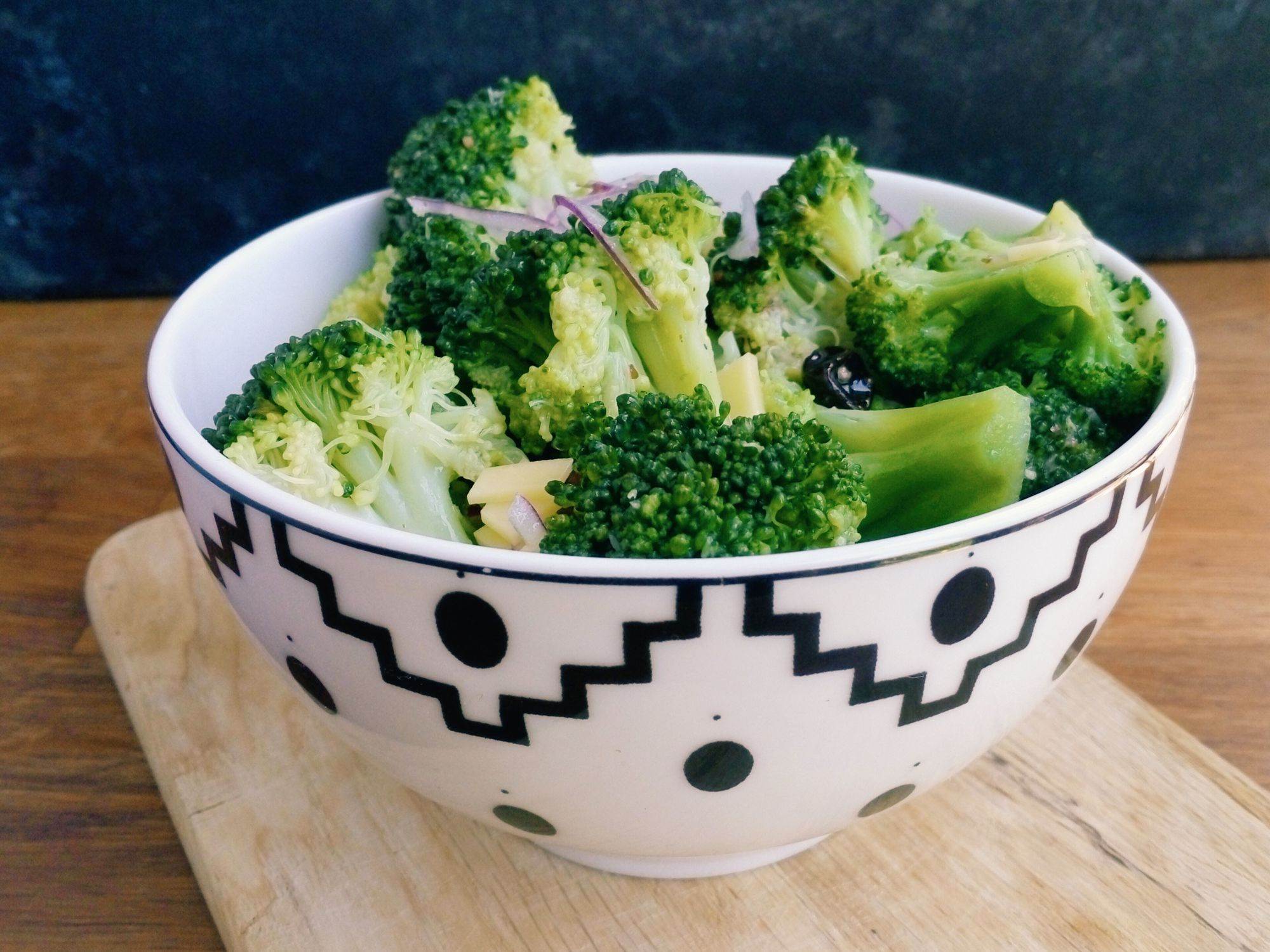
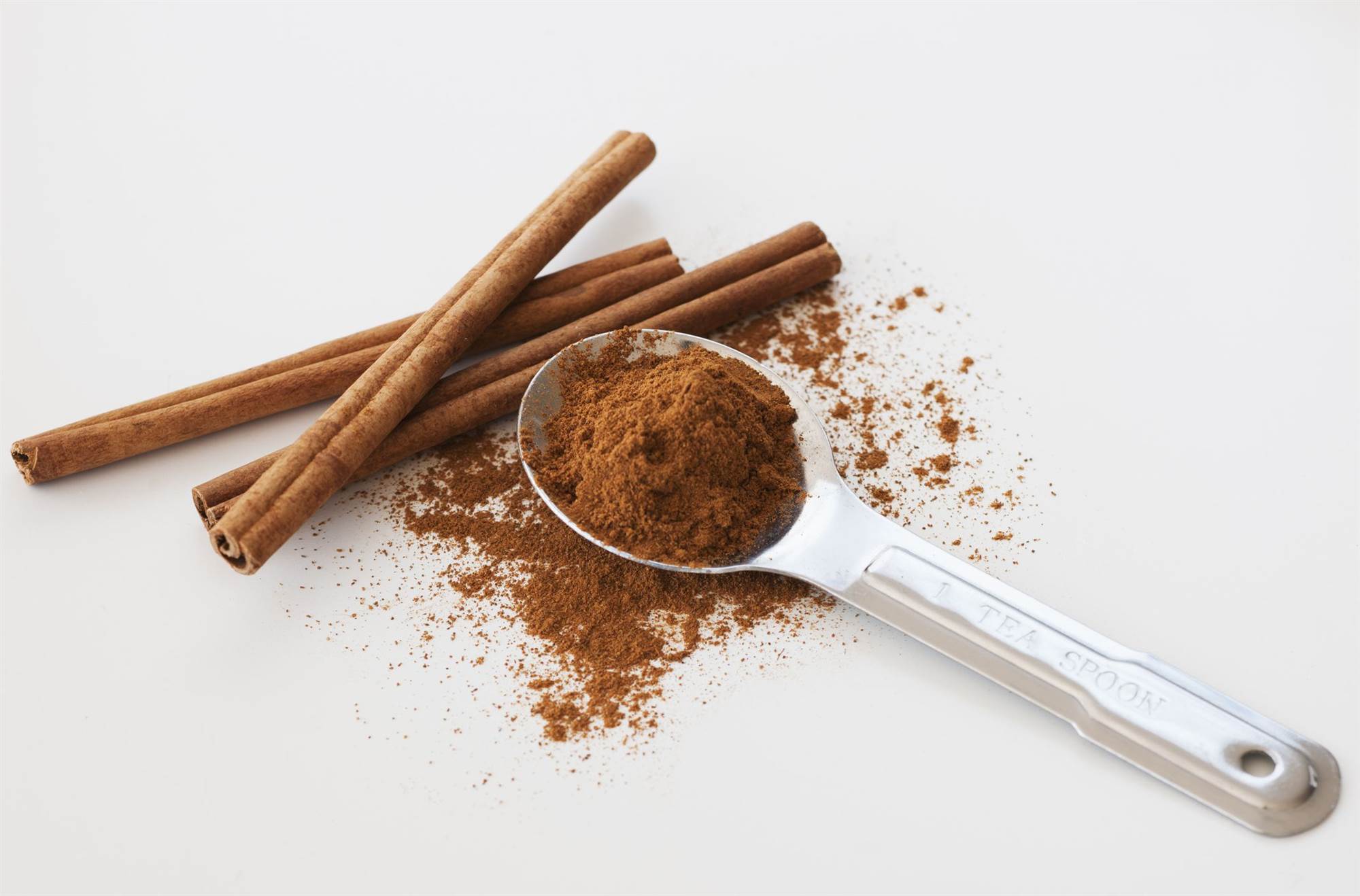

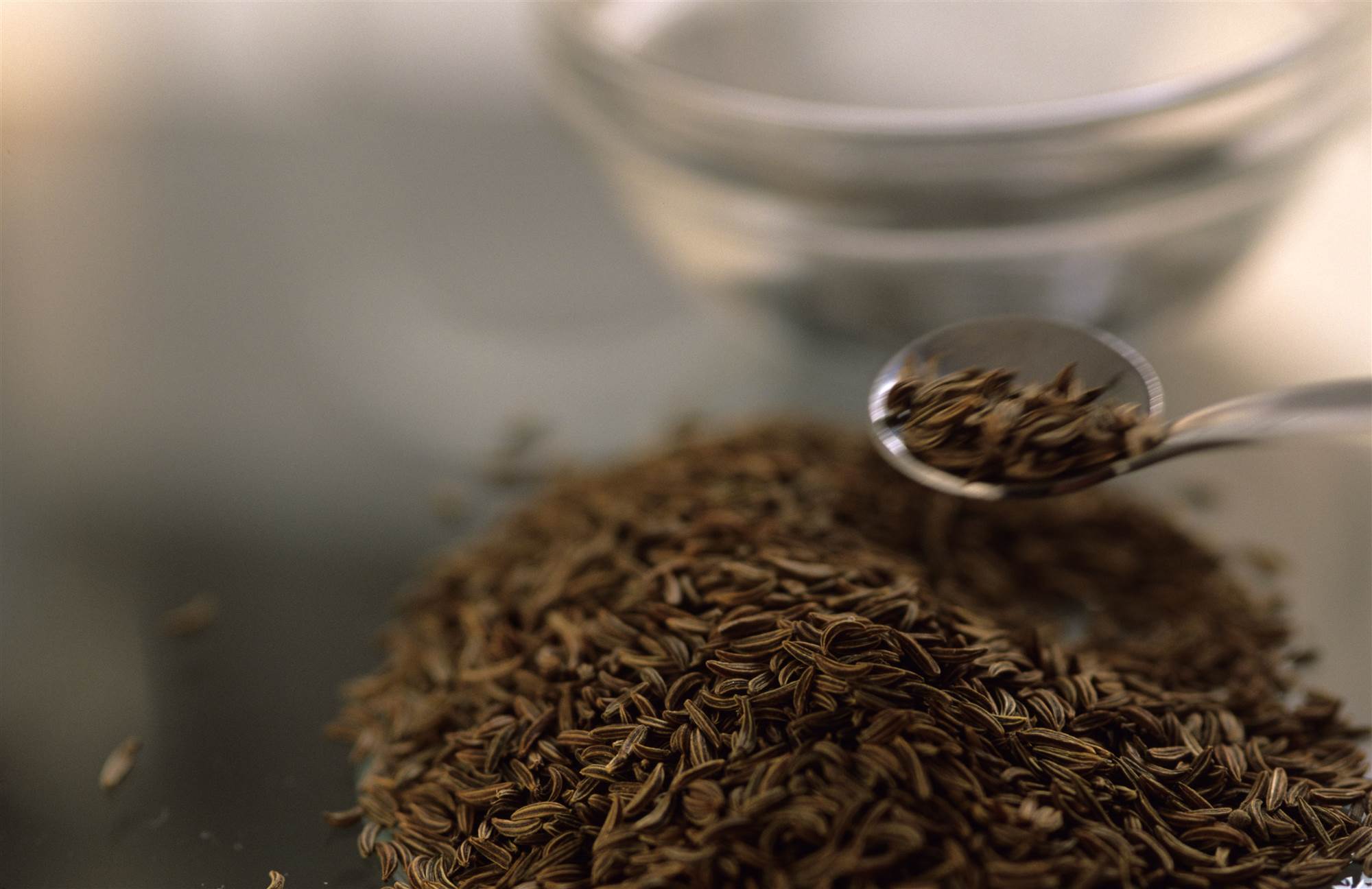
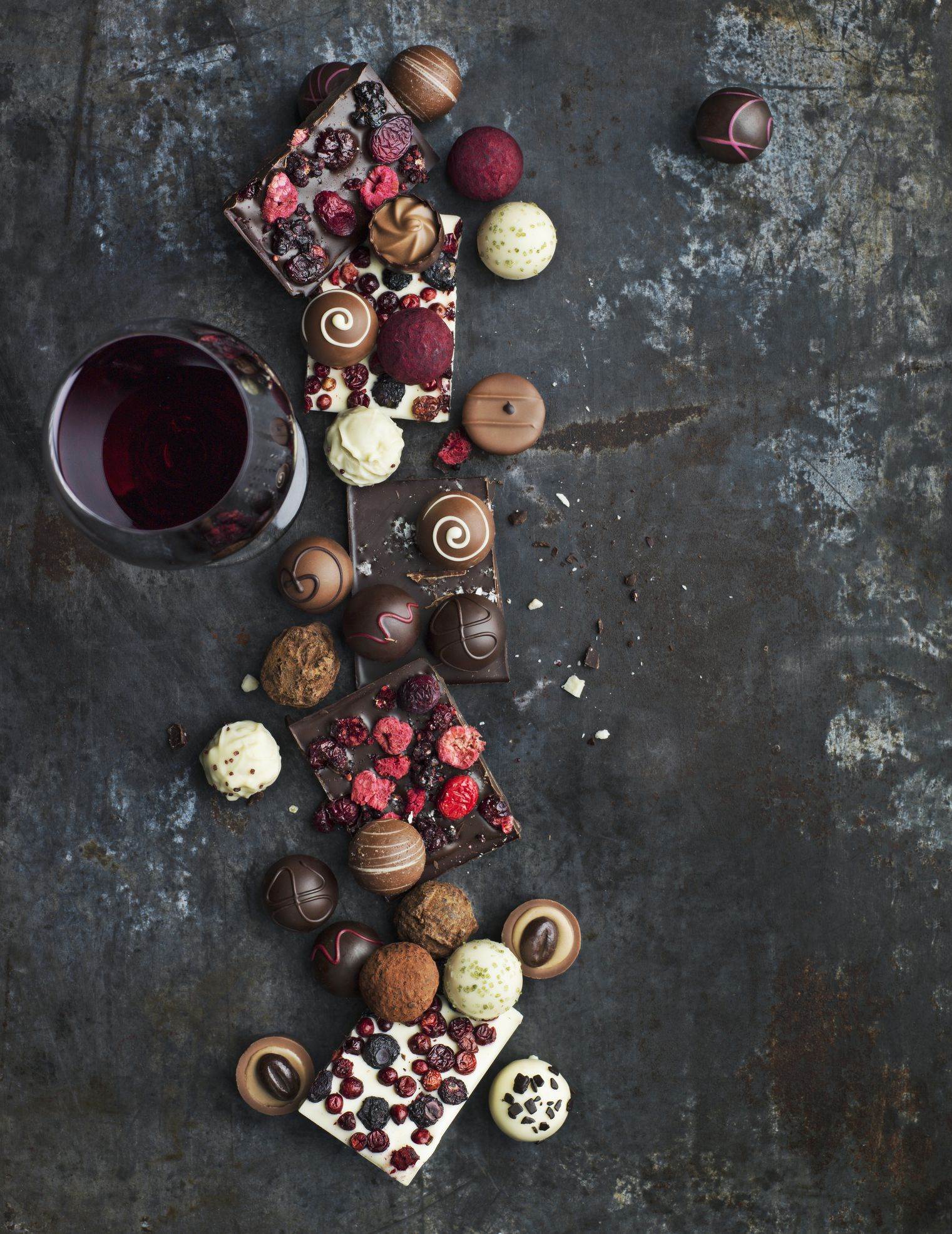
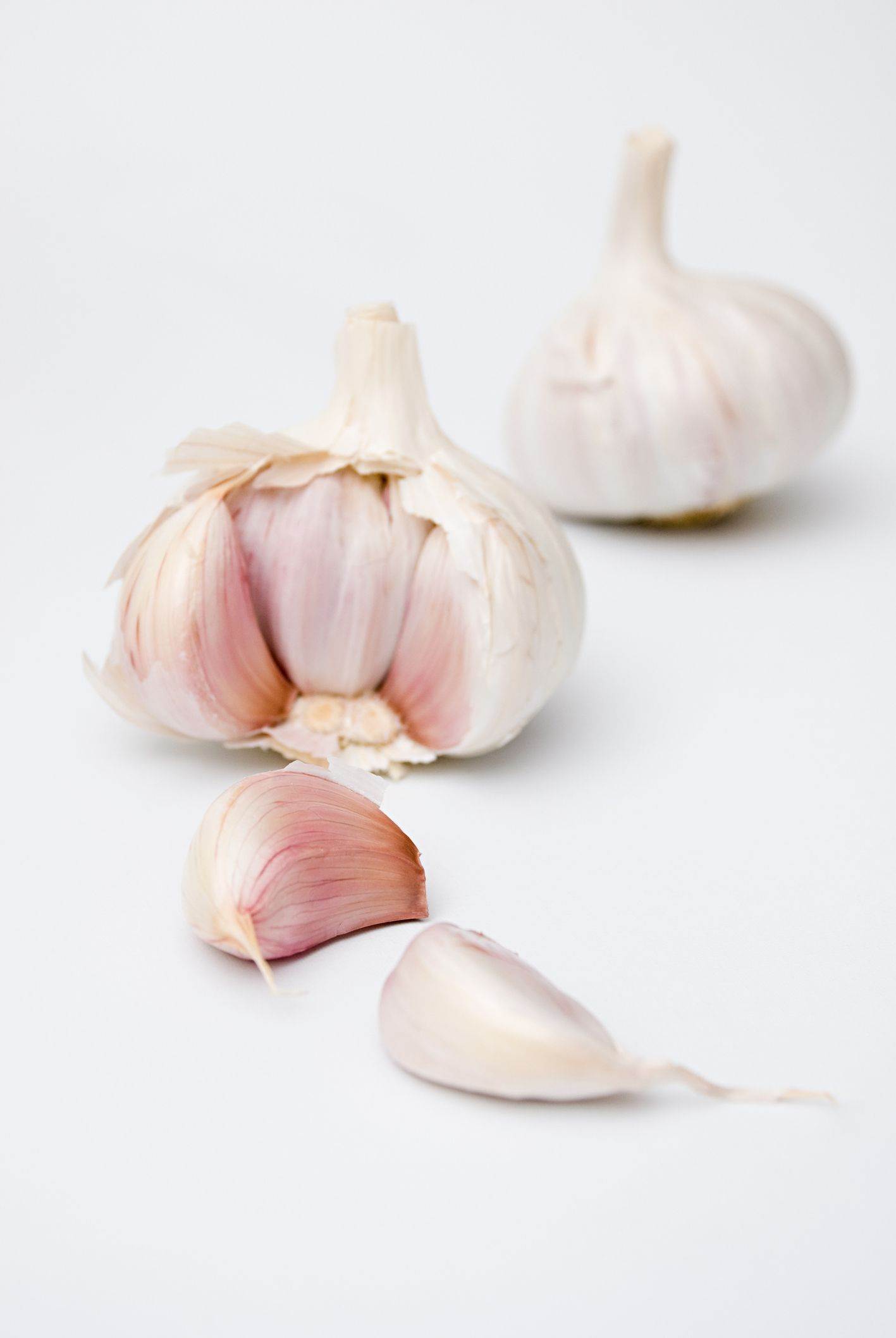
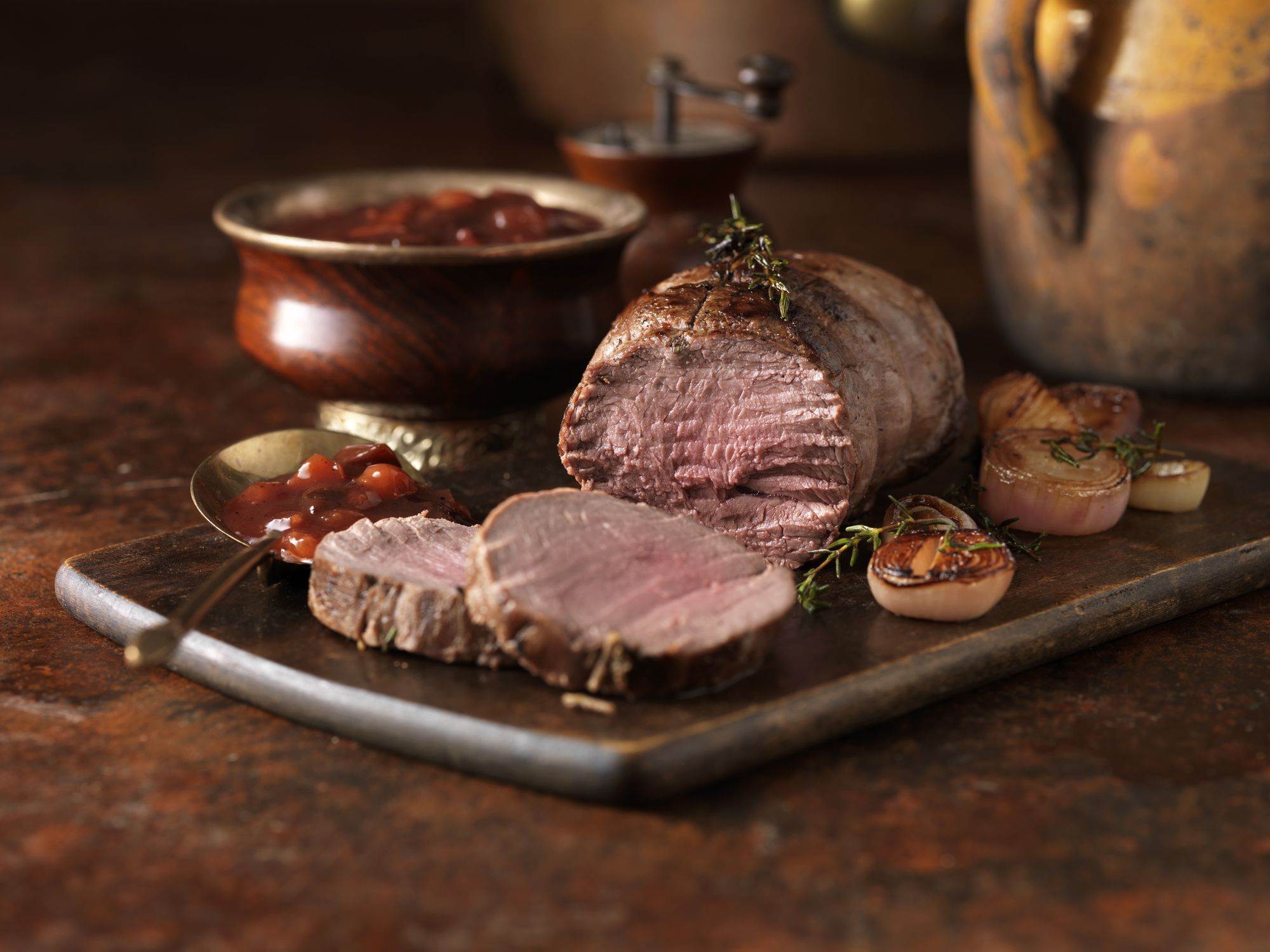
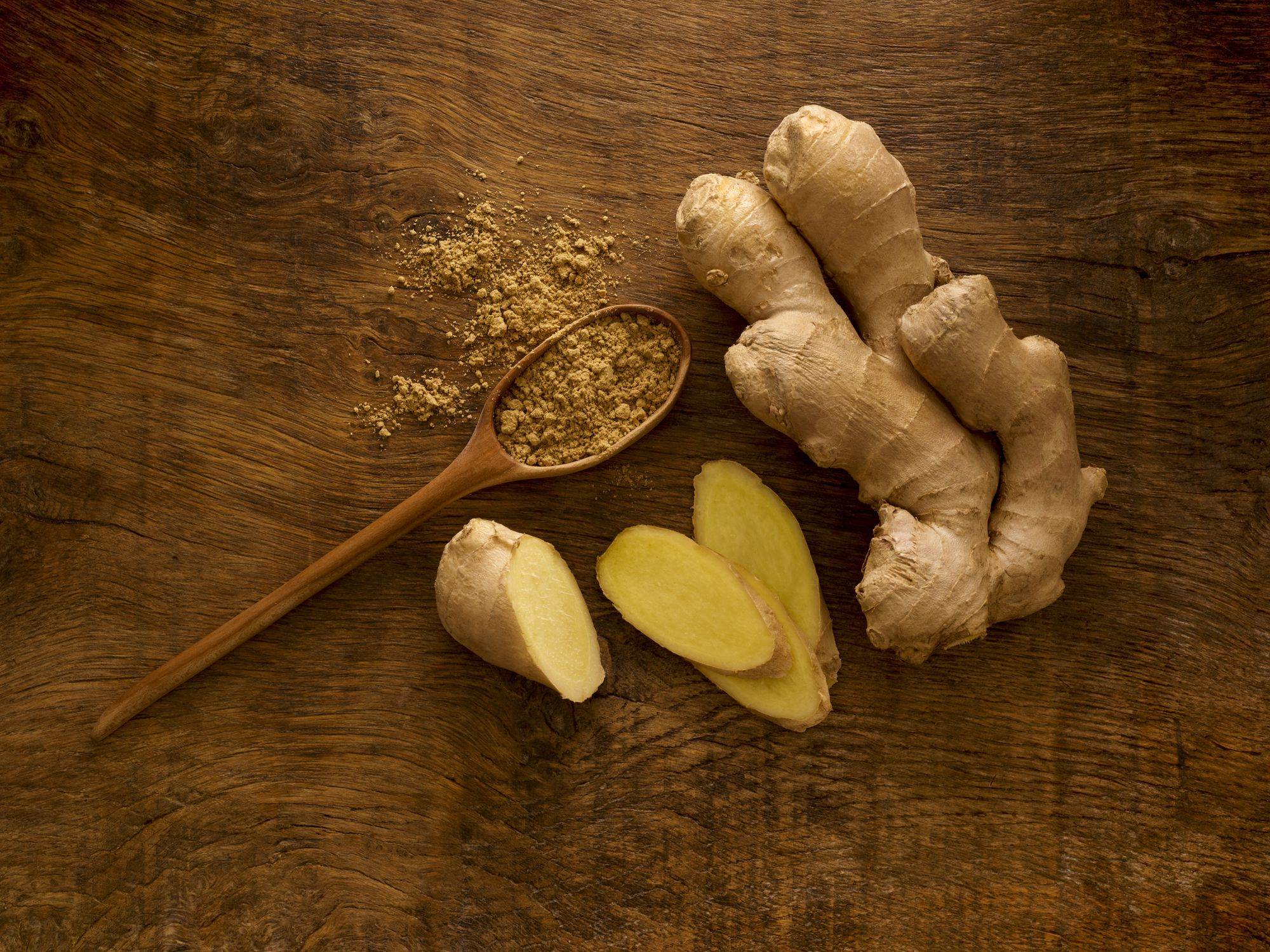
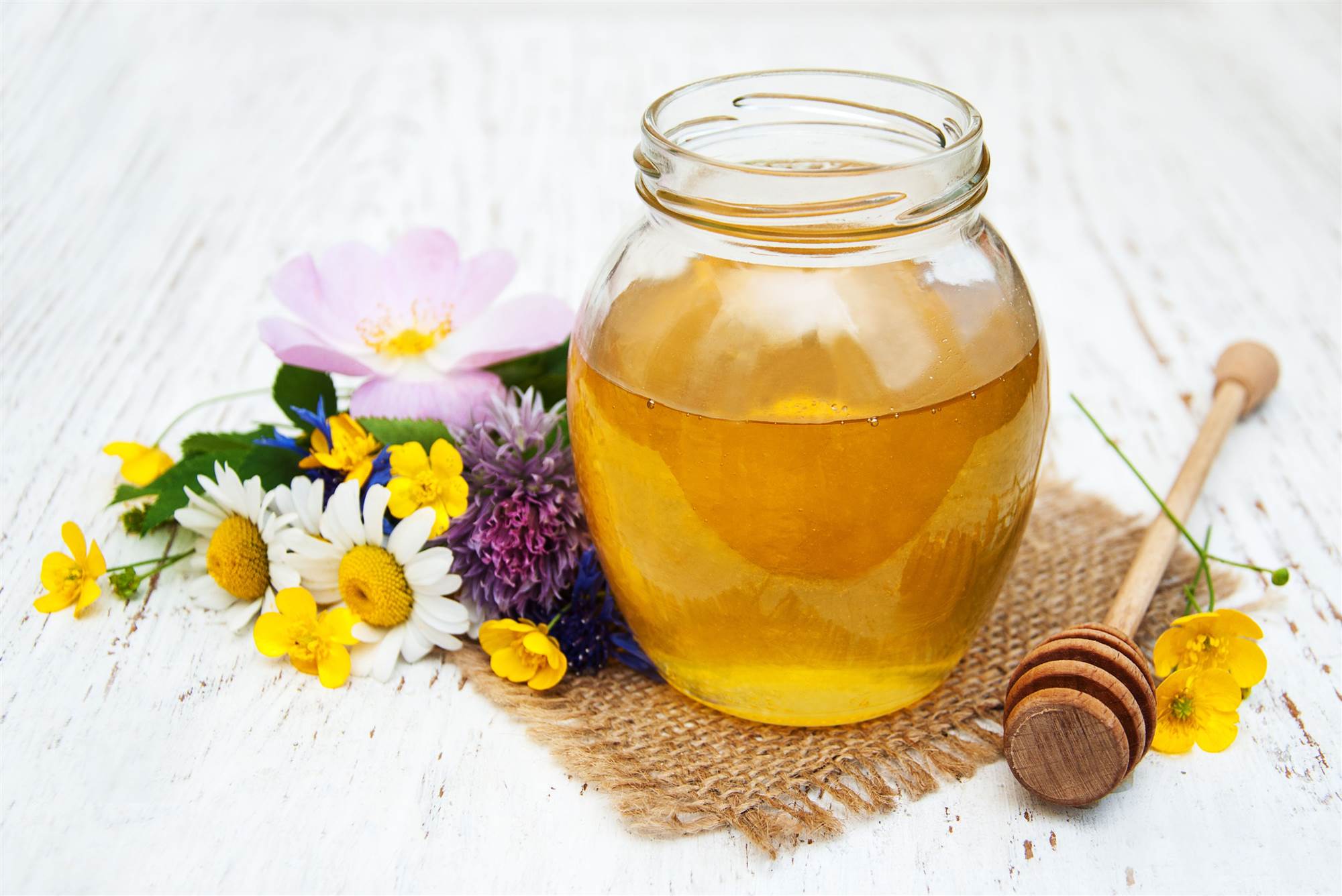
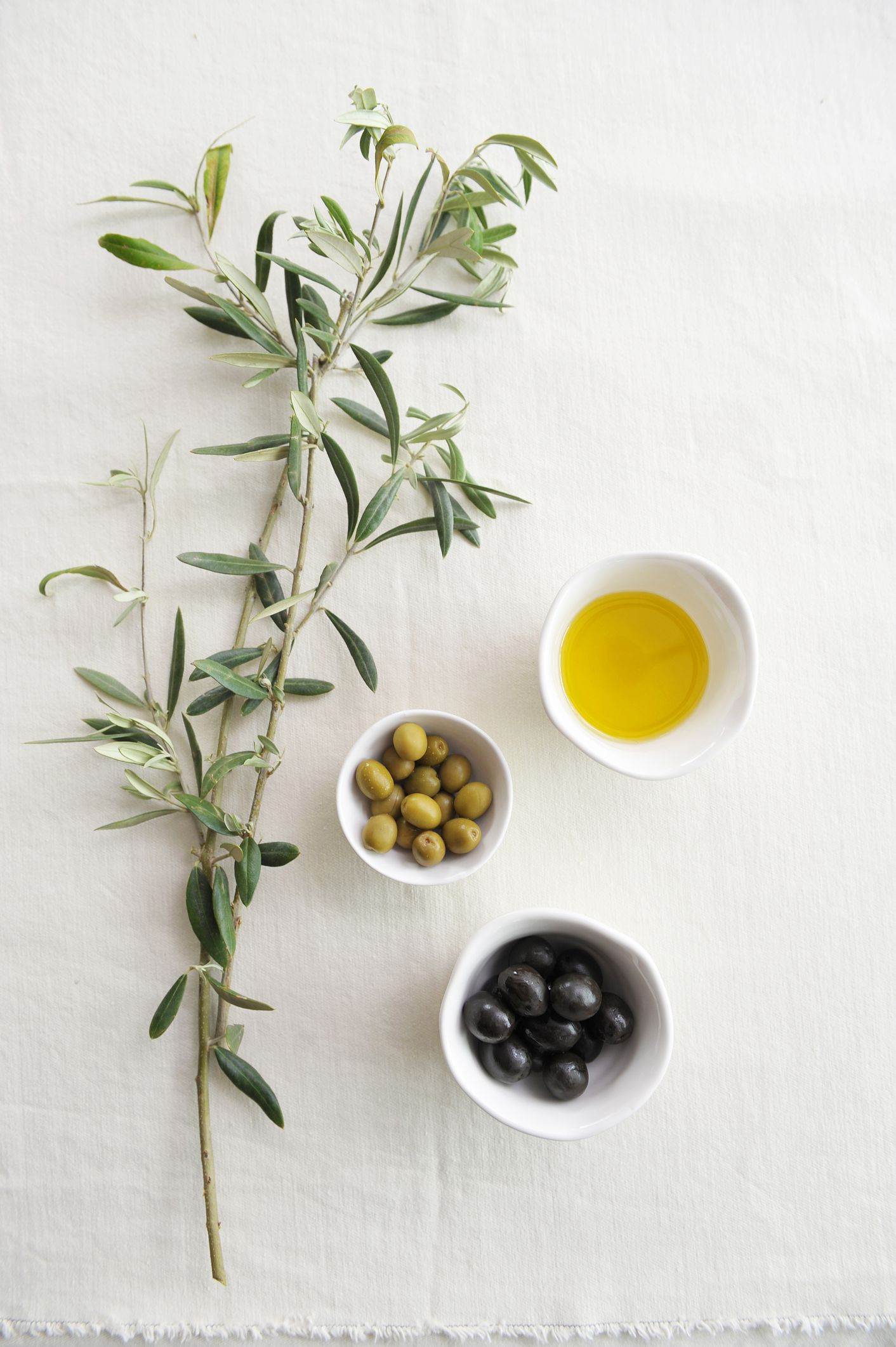
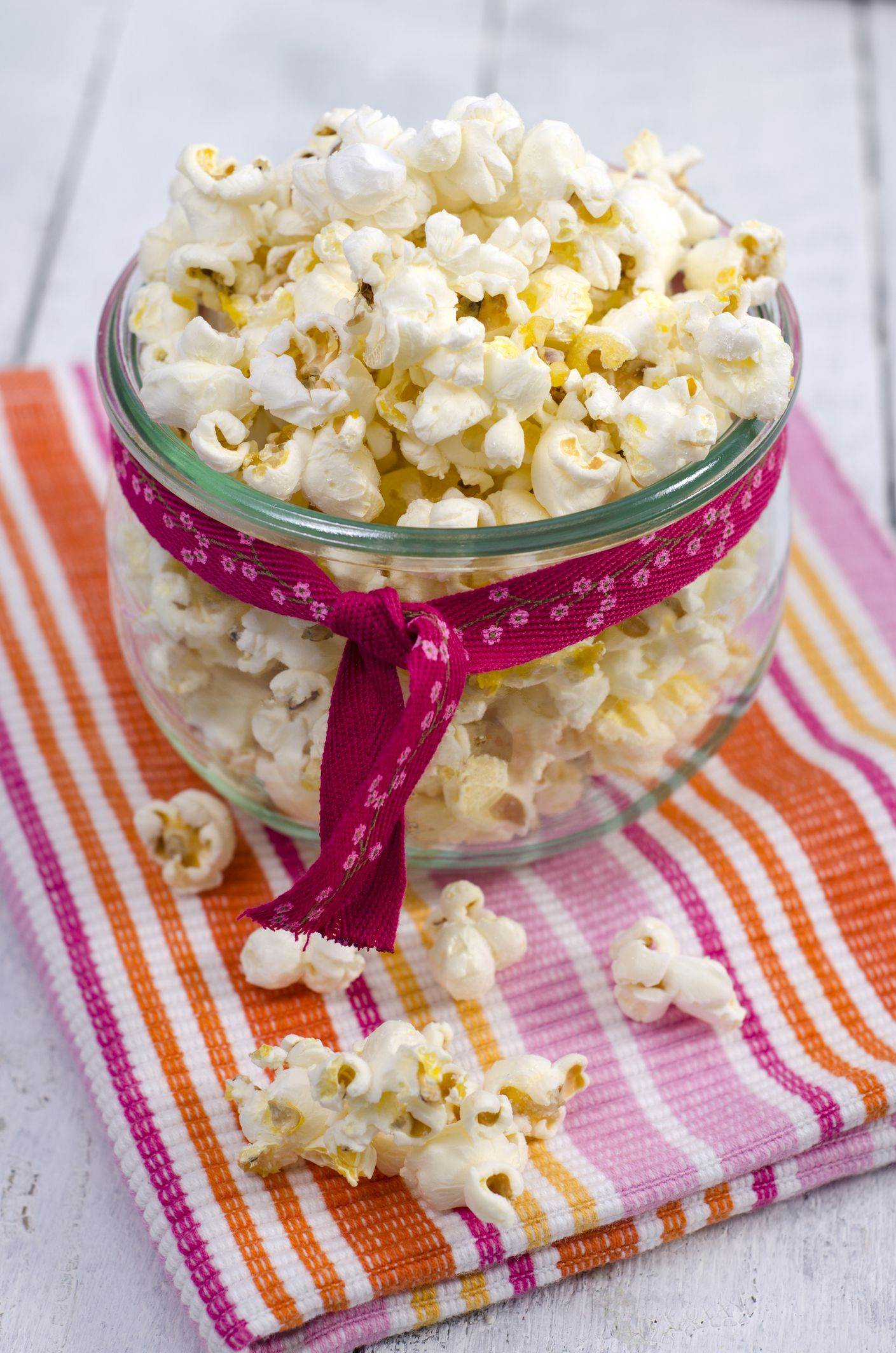
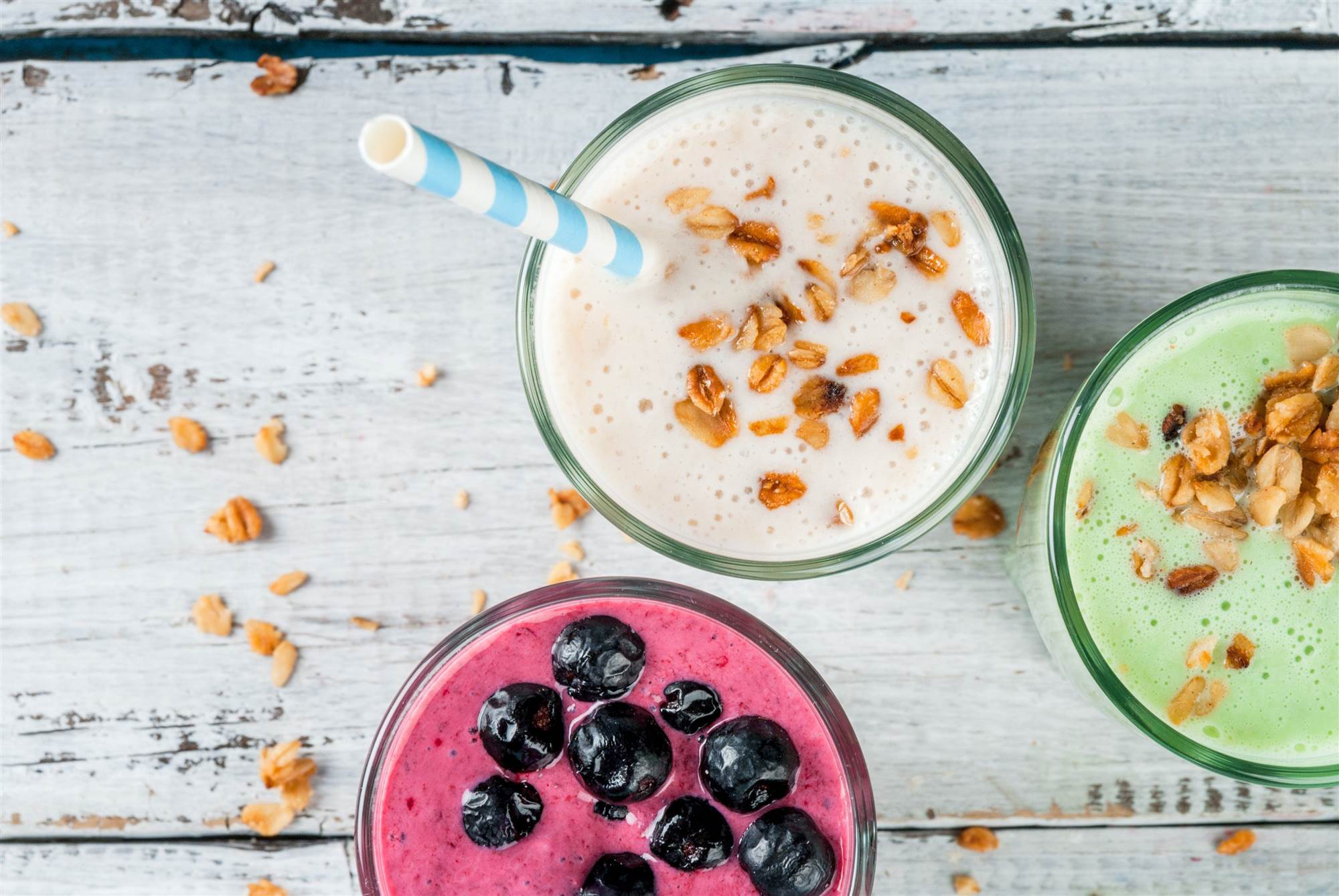
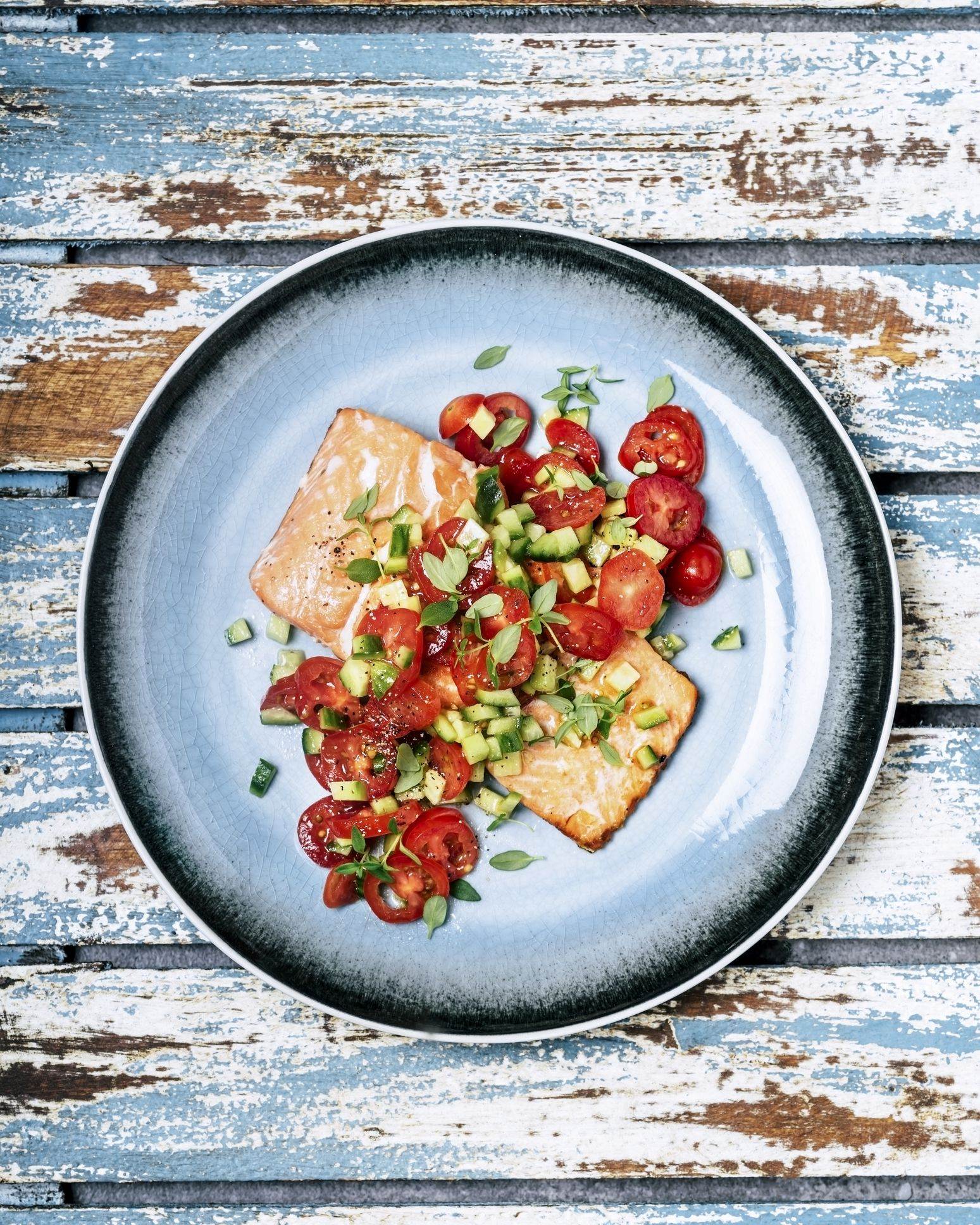
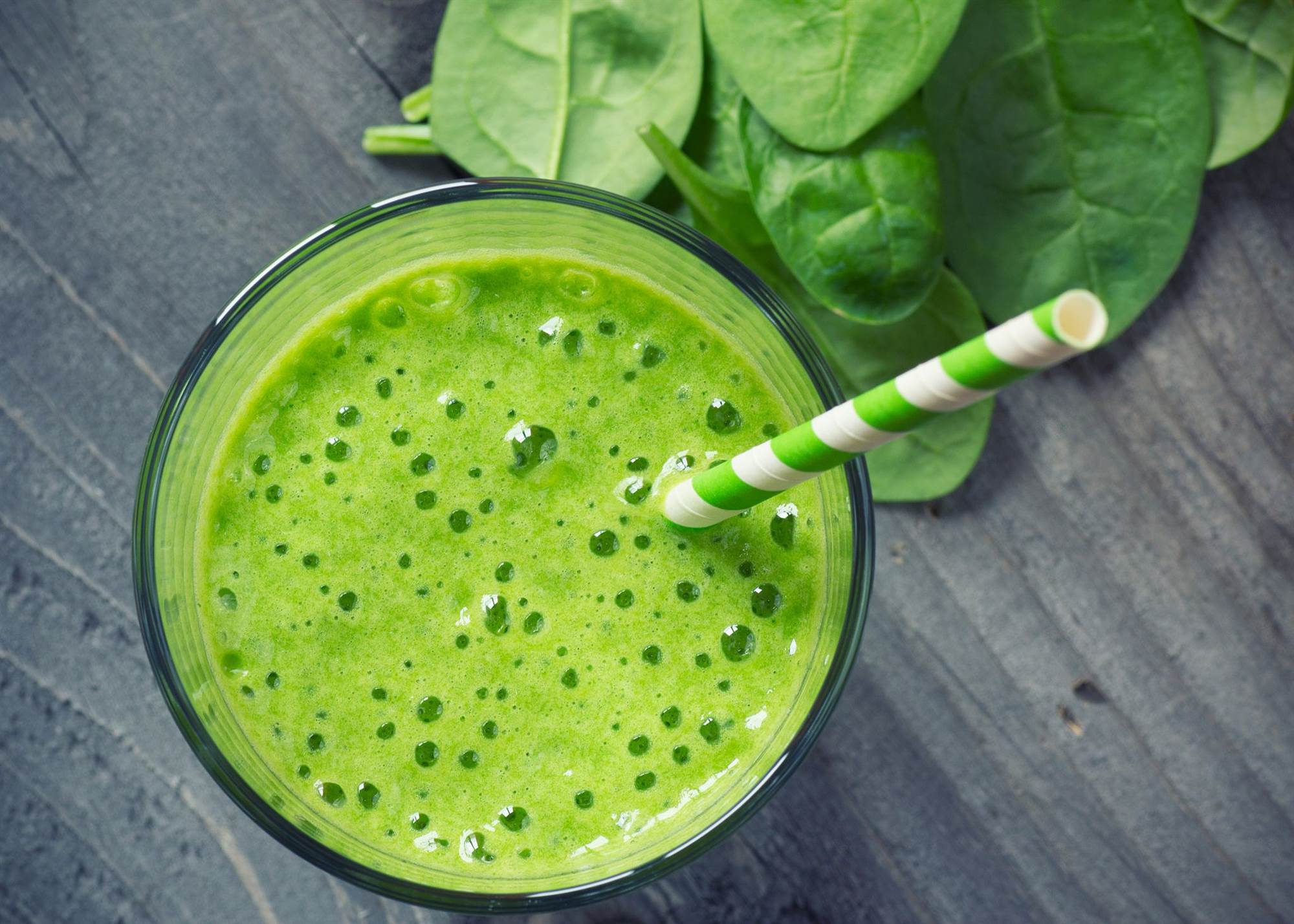
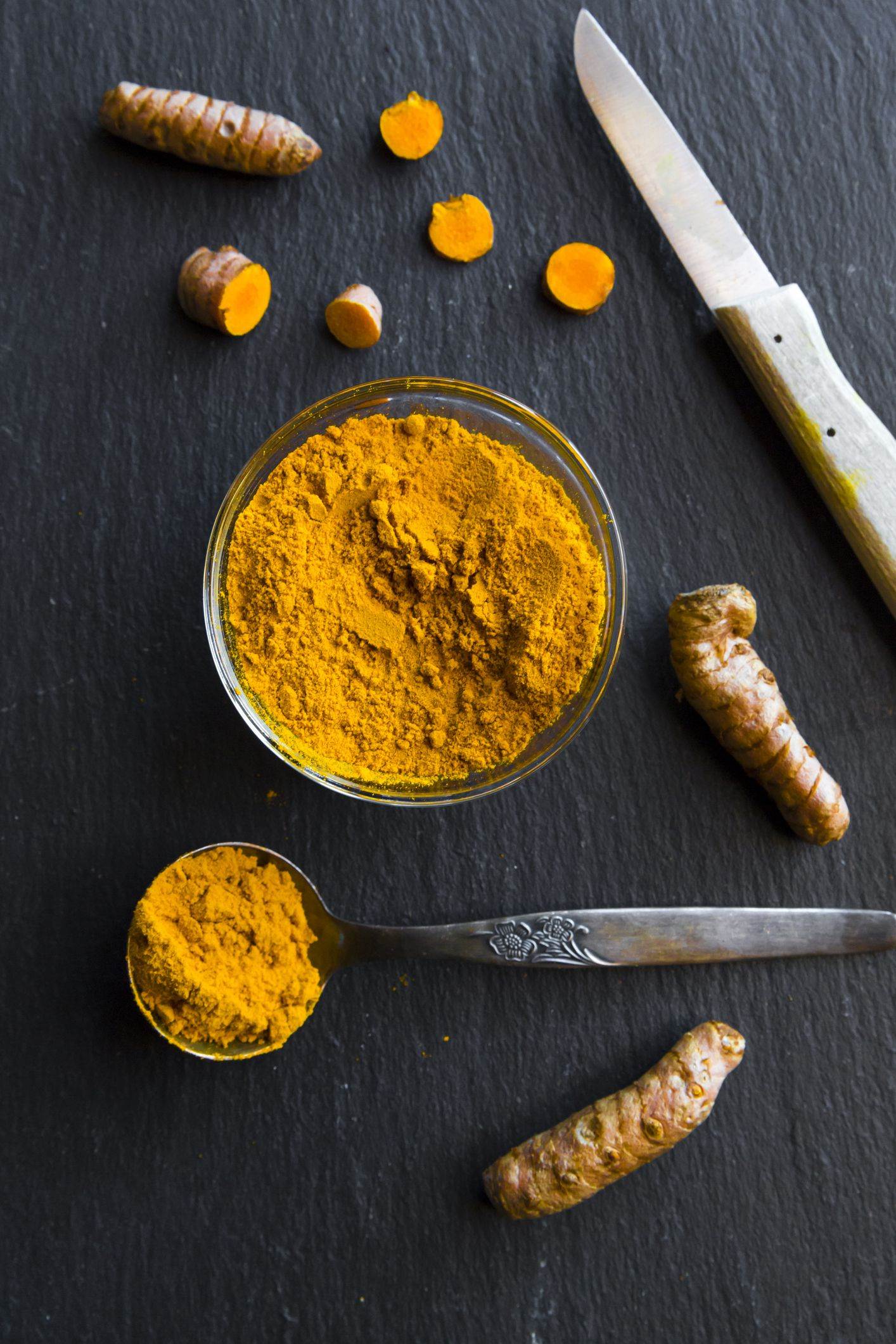
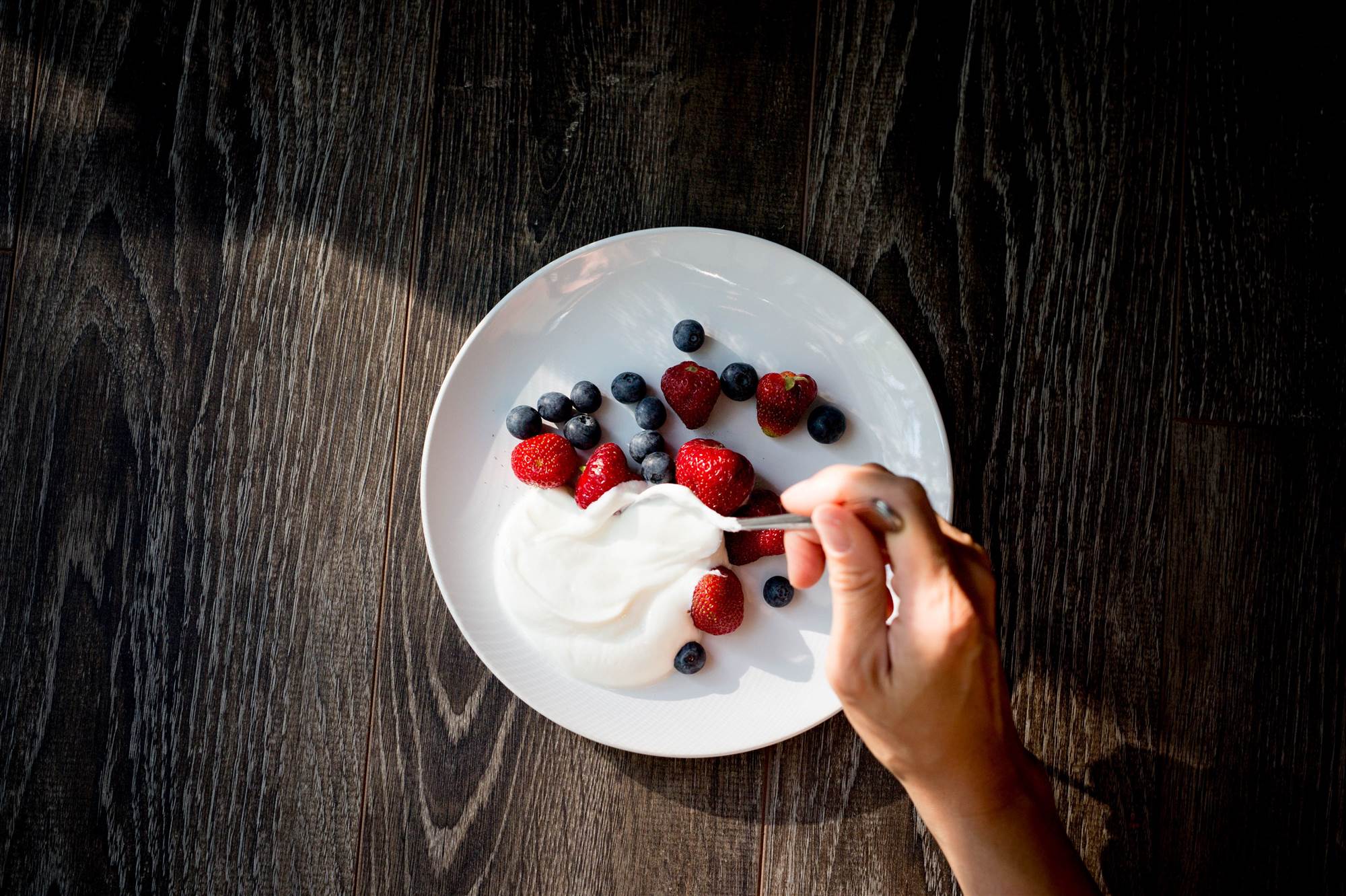
Westend61 ©Getty Images
Almonds
Rich in healthy fats, fibre and protein, these nuts are made for more than snacking. Use slivered almonds as a topping for porridge or yoghurt, add them to muffin recipes, or use almond flour in place of regular flour in pancakes.
Westend61 ©Getty Images
Apple cider vinegar
“Some people put apple cider vinegar in water and sip it throughout the day, but I hate the taste of it so I put it in a shot glass and throw it back like I’m doing a shot of tequila,” says healthy eating expert Amy Morosini. “Instead of sucking on a lemon afterward, I bite into a sweet piece of fruit, like a strawberry or tangerine. It’s a healthy shot everyone should do!”
Try Morosini's apple cider vinegar smoothie: Blend until smooth 1 cup ice, 1 cup baby spinach leaves, ¾ cup green grapes, ¾ cup pineapple chunks, 1 small apple, 1 small banana, ½ cup water, 1 tablespoon chia seeds, and 1 tablespoon apple cider vinegar. Serves 1.
Excerpted from Secrets of the World's Healthiest People.
Westend61 ©Getty Images
Avocado
With more potassium than a banana, avocados are rich in heart-and-waistline healthy monounsaturated fats as well as hunger-suppressing fibre. You’re probably already on the avo toast bandwagon. But have you tried avo smoothies?
Westend61 ©Getty Images
Beans
Packed with fibre, beans do much more than help to keep you regular. They may also help to regulate blood sugar, improve cholesterol and bolster overall gut health. Add them to chilli, mash them into dip, use them to replace some of the ground beef in tacos and other dishes, or sneak them into brownies and other dessert recipes.
Westend61 ©Getty Images
Berries
“Eating blueberries is the one thing I consistently do every single day,” says Kari Dugan, who seems to have stopped ageing in her 30s. She’s almost 60, but she has the energy and body of someone much, much younger. Trust us. Try cooking and pouring over muesli or porridge.
Westend61 ©Getty Images
Black pepper
Black pepper houses powerful pro-health effects. In addition to being both an antioxidant and an antibacterial, black pepper helps with weight loss because it stimulates the breakdown of fat cells.
Westend61 ©Getty Images
Broccoli
Loaded with antioxidants, broccoli is a true powerhouse food. And if you think you hate broccoli, these recipes will change your mind.
Westend61 ©Getty Images
Cinnamon
It can help lower blood sugar and reduce inflammation. Plus, it's a great way to flavour your coffee without adding sugar. Speaking of coffee....
Westend61 ©Getty Images
Coffee
In addition to perking you up, coffee may help to drop your risk for heart diabetes, diabetes, and certain cancers. For an extra health boost, try kicking things up by adding spices to your coffee grounds before brewing. For every scoop of ground coffee add ¼ teaspoon of either ground cinnamon, cardamom, or turmeric.
Westend61 ©Getty Images
Cumin
This wonder spice appears in many curry blends, and it takes centre stage in kitchari recipes.
Try this kitchari recipe, from Jeannette Alosi.
Heat 2 tablespoons ghee in a heavy-bottomed saucepan over medium heat. Add ½ teaspoon each black mustard seeds and cumin seeds. Cook, stirring, until the seeds begin to pop, about 3 minutes. Stir in 1 cup split mung beans (rinsed and drained), ½ cup basmati rice (rinsed and drained), 1 tablespoon minced or grated fresh ginger, 1 teaspoon salt, ¾ teaspoon ground coriander, and ½ teaspoon turmeric. Pour in 6 cups water and bring to a boil over high heat. Reduce the heat to a simmer, cover, and cook until the liquid has been absorbed, about 20 minutes. Serves 4.
Westend61 ©Getty Images
Dark chocolate
World’s Healthiest person Asha Mittal, 65, avoids all sweets but one: chocolate. Learn why it's good for your heart and your waist.
Westend61 ©Getty Images
Garlic
The active ingredient, allicin, may help to keep cholesterol levels low, protect your cells from oxidative damage, and normalise blood pressure and blood sugar. Raw, minced garlic offers the most health bang for your buck, says Dr Bowers. Add it to fresh homemade salsa, stir into ranch dressings, use minced garlic and olive oil as a topping for toast, or mash it into guac.
Westend61 ©Getty Images
Game meat
One of the World’s Healthiest People, Mary Etter, lives almost completely off the land. She never buys meat. Instead, she raises chickens and she hunts – for deer (her primary source of protein) or pork from the wild pigs that roam her farm.
Westend61 ©Getty Images
Ginger
In one study of 261 people with osteoarthritis of the knee, people who took ginger extract twice a day had less pain - and therefore, needed fewer painkillers - than those who didn’t take ginger. Ginger may also lower cholesterol, help prevent blood clots, and help control blood sugar in people with type 2 diabetes.
Westend61 ©Getty Images
Honey
Rich in antioxidants, honey provides a great sugar substitute in smoothies, porridge, marinades, or beverages.
Westend61 ©Getty Images
Olives
Adopting the Mediterranean diet – which features olives, as well as nuts, vegetables, and fish – may be the most protective dietary move you can make, finds research.
Westend61 ©Getty Images
Popcorn
Full of fibre and light on kilojoules, popcorn is a great snack option. If you're feeling a bit wild, you can punch up your health benefits by eating pop caulicorn.
Or, check out this gremolata recipe, courtesy of Secrets of the World’s Healthiest People:
On a cutting board, pile ¼ cup chopped parsley, 1 small clove chopped garlic, ½ teaspoon lemon zest, and 1 tablespoon finely grated Parmigiano Reggiano on top of each other and chop all together until fine. In a large bowl, toss 10 cups air-popped popcorn while spritzing grapeseed oil with a mister. Add the gremolata and ½ teaspoon salt and toss until coated. Serves 2.
Westend61 ©Getty Images
Protein shakes
Up until his death, Charles Eugster, 97, looked like a bodybuilder. His secret: the whey protein shake his downed after each workout.
“In order to build muscle, you need a lot of protein, and in old age, your protein synthesis is reduced,” Charles said before his death. “Protein supplements are a good way to make sure you get what you need.”
Westend61 ©Getty Images
Salmon
Rich in anti-inflammatory fats, salmon makes a great stand alone dish as well as addition to any salad.
Westend61 ©Getty Images
Spinach
There are few vitamins and minerals that are NOT in spinach. It’s rich in potassium, magnesium, iron, calcium, and vitamins B6, B9, E, C, and K.
For a spinach-packed smoothie, blend 1 banana, ½ cup frozen berries, ½ cup baby spinach leaves, 1 scoop vanilla protein powder (or 1 tablespoon peanut butter) and 1 to 1½ cups unsweetened vanilla almond milk until smooth. Serves 1. – Recipe courtesy of Secrets of the World's Healthiest People.
Westend61 ©Getty Images
Turmeric
This bright yellow wonder spice is an ancient natural remedy used for a range of conditions, including arthritis, digestive problems, inflammation, headaches, diabetes, and autoimmune disorders. Throw a dash of turmeric to your hot or iced latte. Add it to coffee grounds. Or blend turmeric with chickpeas to create a bright and delish hummus.
Westend61 ©Getty Images
Yoghurt
Murray Grossan hasn’t had a cold in 10 years – and he attributes that long wellness run, in part, to the yoghurt he eats daily.
Researchers are studying the ability of the probiotics in yoghurt and other fermented foods to treat a range of conditions, from eczema to inflammatory bowel disease. “The live bacteria they contain seem to interact with the microbes in our intestines. These 100 trillion microbes produce vitamins such as B6, B12, and K2, they help fight bad bacteria such as E. coli and Salmonella, and they help keep the bowels moving (an important factor to people as they age),” says Dr Bowers.
